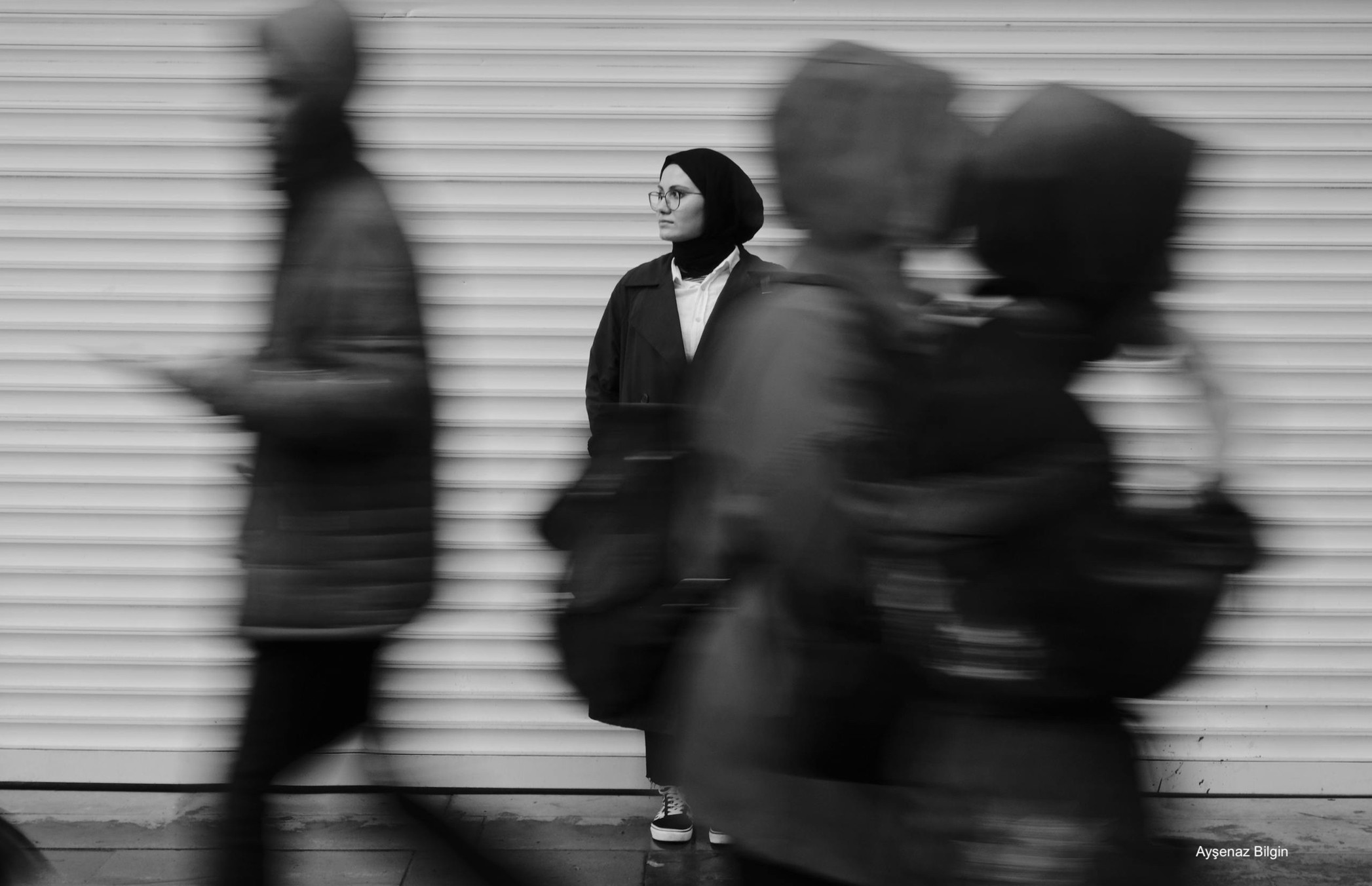The world is mourning and saying goodbye to Jorge Mario Bergoglio, better known as Pope Francis. Known as the “people’s Pope,” he was chosen in 2013 to lead the Catholic Church. His leadership was different from what most anticipated. Not long after taking office, the Pope’s answer when asked about gay priests is often repeated and a part of his legacy: “Who am I to judge?”
In a recent New York Times article, Elizabeth Dias and Ruth Graham described the response of both Catholics and non-Catholics as “a collective gasp.” The Pope’s remarks, nevertheless, signaled his vision of a brave new world that focused on taking care of the most vulnerable among us.
Pope Francis chose his papal name to honor St. Francis of Assisi, a saint best known for emphasizing caring for animals and the environment. Concerns over climate change were at the top of the Pope’s list of priorities for the world to address, as was caring for refugees and the poor. Income inequality was also at the top of the Pope’s list for world leaders to resolve.
Pope Francis envisioned a church “with doors always wide open, ” a church that welcomed the stranger without prejudging their worthiness for God’s grace. He was undoubtedly the people’s Pope.
Meanwhile, U.S. policy and practices toward refugees are shameful. Our current administration has chosen to take us all down a path involving cruelty and inhumane treatment. Our nation is on a path leading us further away from Christian values.
As I reflected on Pope Francis’s life, along with most of the world, I remembered a 1977 movie titled Oh God. George Burns played God in the film, who chose a young grocery store manager, played by John Denver, to be a spokesperson for God. The religious leaders think that the God Denver’s character speaks about is fake. God just couldn’t be that down-to-earth.
But what if God is just that down-to-earth? What if God is the “People’s God,” and Pope Francis had unique insights into God’s character?
As we begin our first episode of our Lifeboat series, we’re introduced to the survivors of the Galaxy, which sank off the coast of West Africa. They’re a mixed bag of folks. Some were wealthy, and others were part of the crew, underpaid and overworked. But they were in the lifeboat together, clinging to life and hoping to be saved.
The survivors spotted a stranger in the water three days after the Galaxy sank. They helped him into the lifeboat, baffled by where the young man came from and how he survived without a life jacket or anything to help him stay afloat. And clearly a long way from where the boat sank, they were on.
When Nina, one of the survivors, said to the stranger, “Well, thank the Lord we found you.” The stranger responded, “I am the Lord.” The survivors were in disbelief, although each showed it differently. “If you’re really the Lord, save us,” sums up their collective response. Things didn’t add up.
Benjamin, or Benji as he’s known, writes in the notebook he keeps, “When we pulled him from the water, he didn’t have a scratch on him … he was unmarked, with smooth almond skin and thick dark hair matted by seawater.” The consensus among the survivors was that the stranger just seemed too human to be who he claimed to be.
I’m hoping that those choosing to read our companion book, The Stranger in the Lifeboat, by Mitch Album, are able to put themselves into the story.
I was hungry and you fed me, thirsty and you gave me a drink. I was a stranger and you received me into your homes, naked, and you clothed me. I was sick and you took care of me, in prison, and you visited me.
Matthew 25:31-46
More importantly, my prayer is that each of us will be able to move from the lifeboat to life itself, and consider whether we can meet Jesus in the strangers we encounter. Particularly, those who are refugees and find themselves the target of cruel and merciless policies that aim to send them back to the place from which they fled.
Jesus once said that in the end, God will focus on how we treated strangers. Did we come to their aid if they were thirsty, hungry, needed clothes, or in peril?
According to scripture, this is the way of the Lord. What does this look like for you? What should this look like for our nation?
You can join us each Sunday in person or online by clicking the button on our website’s homepage. Click here to watch. This button takes you to our YouTube channel. You can find more information about us on our website at FlintAsburyChurch.org.
This is a reminder that we publish a weekly newsletter called the Circuit Rider. You can request this publication by email. Send a request to FlintAsburyUMC@gmail.com or let us know when you send a message through our website. We post an archive of past editions on our website under Connect – choose Newsletters.
Pastor Tommy
Our series was inspired by Mitch Albom. The Stranger in the Lifeboat. New York: HarperCollins, 2021.
Elizabeth Dias and Ruth Graham. “Pope Francis’ Legacy in the USA: More Open, and Then Divided, Church.” © New York Times, April 21, 2025. Retrieved from: link

